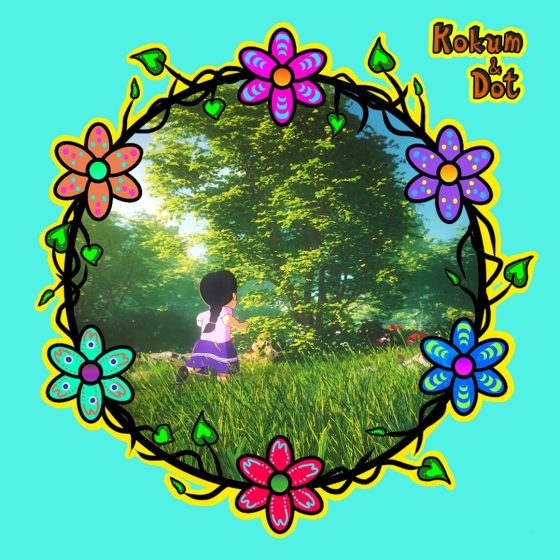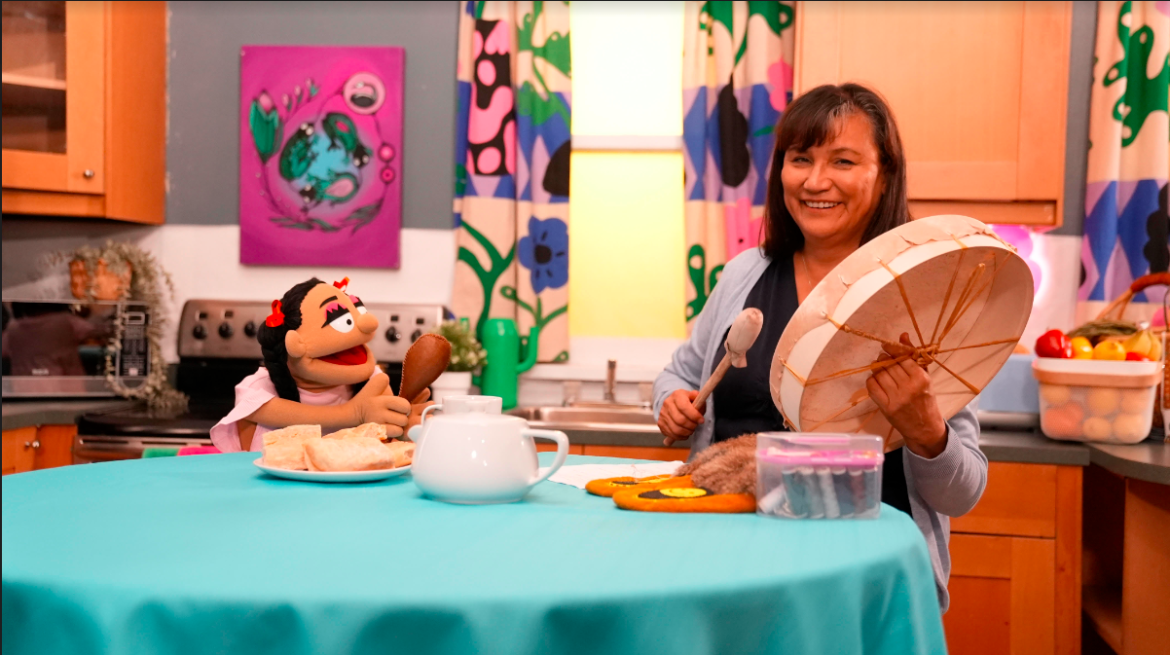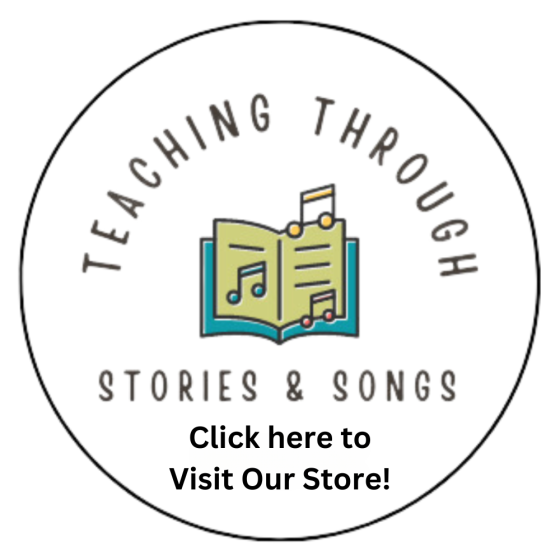A reflection by Indigenous producer and educator, April Johnson.
Through developing the new children’s series Kokum & Dot, April Johnson spoke a lot about truth and reconciliation with her diverse cast, crew and growing audience. The series explores the relationship between a Cree grandmother (aka Kokum) and her inquisitive young friend, Dot, and their conversations highlight intergenerational Indigenous family dynamics as well as model age-appropriate approaches to tackling truth and reconciliation in the following ways:
1. Start local – Truth and reconciliation is a process.
Understanding the history of the lands we live, learn and play on is a great start and connects everyone living on the same territory.
2. Make it relatable – Young learners and elders have childhood as a common denominator.
Learning about what an elder’s childhood might have been like before residential school may support children’s connections and understanding to members of the Indigenous community.
3. Celebrate one another.
Building young learner’s confidence helps them accept their uniqueness and accept others for theirs.
Kokum and Dot is currently in the development phase and stars educator, actor and lead writer of Weaving Reconciliation Renae Morriseau, and ventriloquist/puppeteer Kellie Haines. In each episode, Kokum Dorothy shares cultural stories from her past with her puppet pal, Dot (age 6). The Cree language Kokum uses in her stories activates her memories and imagination and is represented in Woodland Cree style animation on screen.



